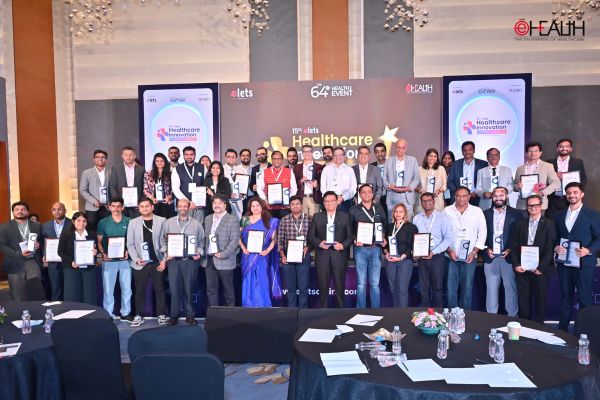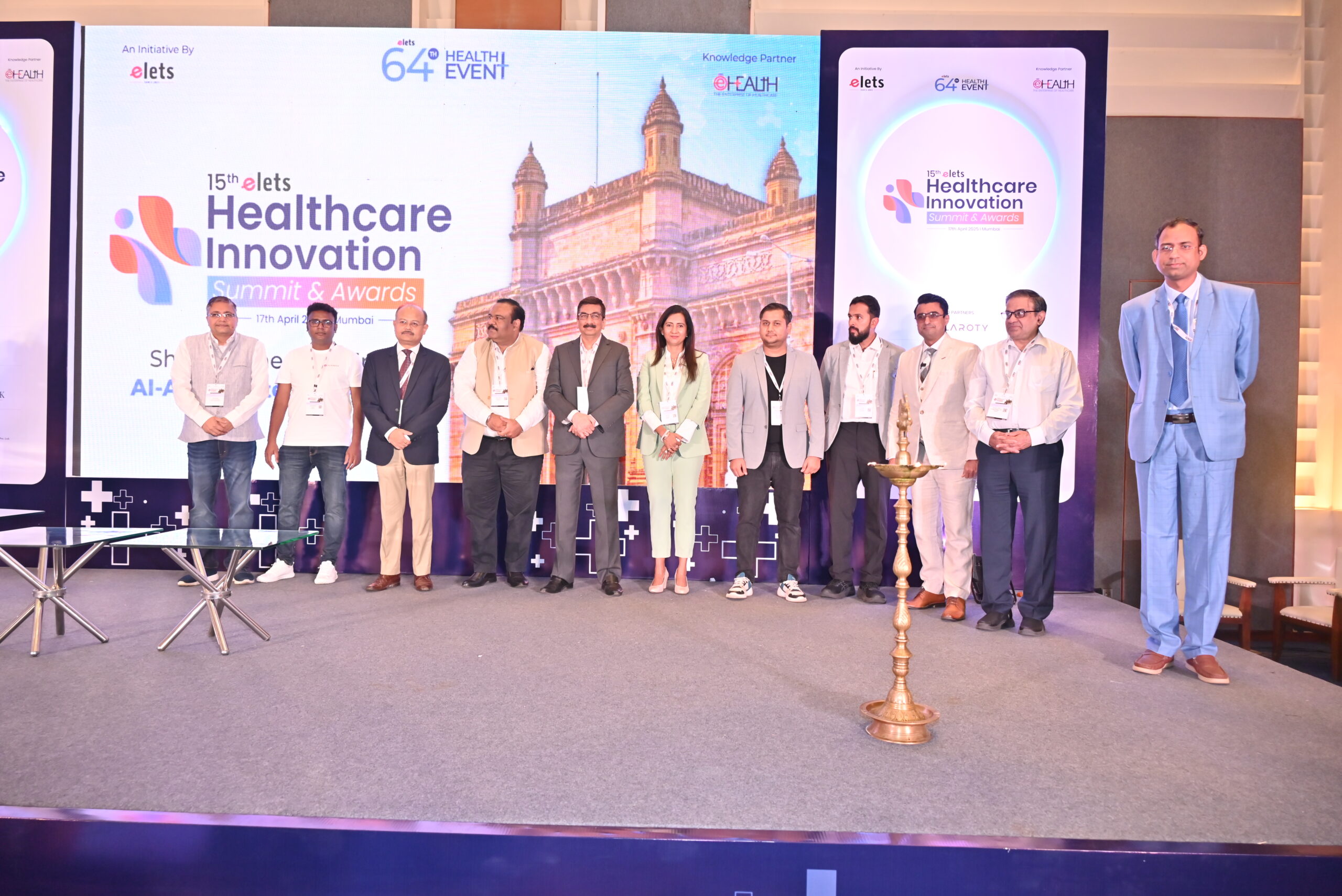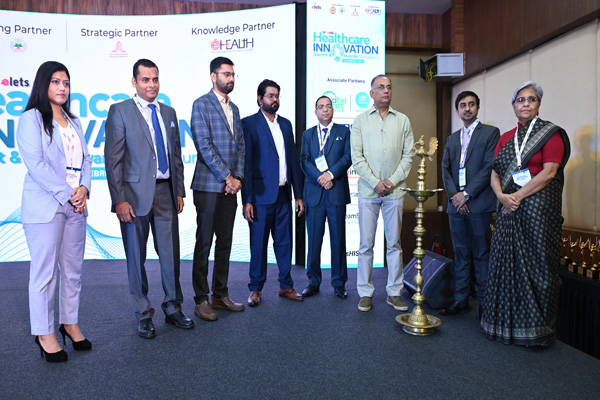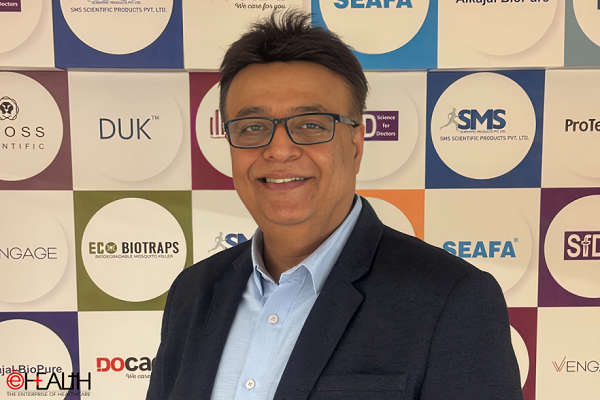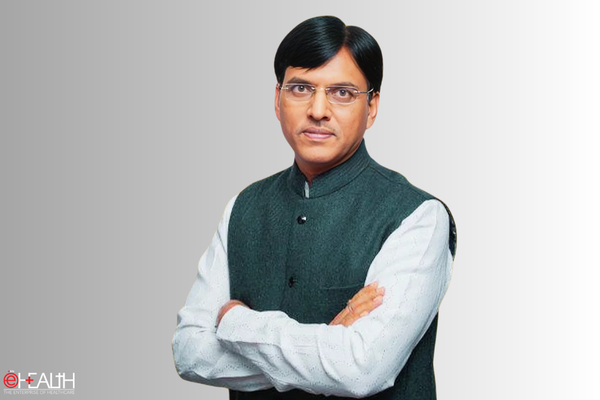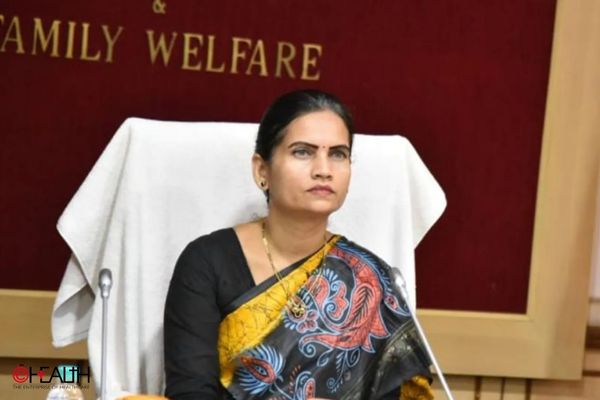
Dr. Bharati Pravin Pawar, Union Minister of State for Health & Family Welfare, on Friday, addressed the second conference of the High-Level Coalition on Health and Energy virtually from Nirman Bhawan. The first High-Level Coalition on Health and Energy was summoned by the WHO Director-General in 2019 with the objective of strengthening the association between health and energy sectors, increasing political momentum, spurring investments, mobilising public support, and driving practical solutions.
She valued the efforts carried out in holding the second meeting of the High-Level Coalition or Health and Energy Platform of Action by thanking the WHO Director General, for highlighting and discussing the key priorities action for strengthening the cooperation between the health and energy sectors.

She noted that “India firmly believes that these are the most critical areas which need more active discussion along with the identification of concrete actions to accelerate clean cooking and improve the electrification of healthcare facilities in the countries.”

Underlining the Government of India’s vision of attaining 450GW of renewable generation by 2030, she stated, “Constantly moving towards health centre electrification by combining health-related policies and energy-related policies with a target of installing 175 GW of renewable energy capacity by the year 2022.”

“India is already ahead of what we pledged in our Nationally Determined Contributions (NDCs)” and already 39 per cent of our installed capacity is from non-fossil-based sources and by 2022 we will reach our target of 40 per cent”, she further added.

India has also extended its renewable energy programs and energy efficiency programs to efficiently use energy through various innovative policy measures under the overall ambit of the Energy Conservation Act 2001.
The Union Minister of State informed that India has attained SDG target 7.1 of providing Universal access to affordable, reliable, and modern energy services by 2030 by improving the electrification of 99.99 per cent of the households. Also, India has successfully electrified 95 per cent of district hospitals and around 90 per cent of sub-divisional hospitals with a three-phased power supply. Cumulatively, almost 75 per cent of the health centres in the country have been electrified with a cumulative solar capacity of 3.5MW.
She further disclosed that in the context of “Green and Climate Resilient Healthcare Facilities”, India is a signatory to the Malé Declaration in 2017 and has agreed to promote climate-resilient health- care facilities to be able to withstand any climatic events and ensure that essential services such as water sanitation, waste management, and electricity are functional during such events.
Spotlighting the focus areas, she urged that urgent action is needed to scale up access to clean cooking solutions to achieve the Sustainable Development Goals on health, gender equality, and climate, among others, and ultimately to minimise the future negative effects of the climate crisis thereby facilitating the effective enjoyment of the human right to health.
She highlighted developing vibrant partnerships and creating synergy with other missions and ensuring that health is adequately represented in the climate change agenda across the globe. With such collaborations and collective action of this coalition group, a greener planet through the means of clean and green energy can be achieved.
Dr Tedros Ghebreyesus, WHO, Director General, Dr Naoko Yamamoto, WHO, Assistant Director General, Dr Maria Neira, Director, Environment, Climate and Health, WHO and Dr Kandeh Yumkella, Member of Parliament, Sierra Leone were also present in the meeting.
Be a part of Elets Collaborative Initiatives. Join Us for Upcoming Events and explore business opportunities. Like us on Facebook , connect with us on LinkedIn and follow us on Twitter , Instagram.
"Exciting news! Elets technomedia is now on WhatsApp Channels Subscribe today by clicking the link and stay updated with the latest insights!" Click here!






